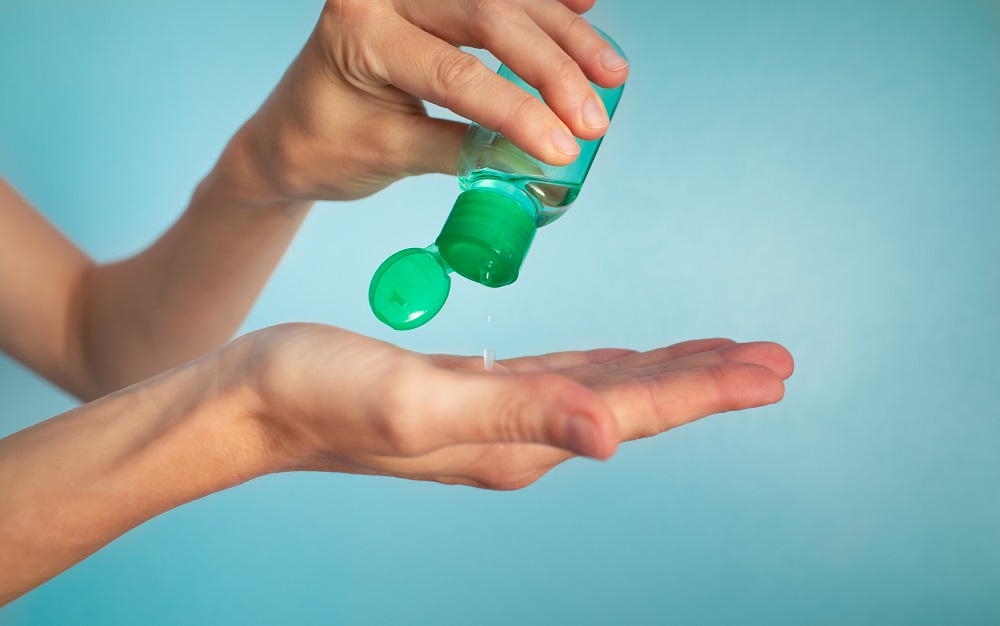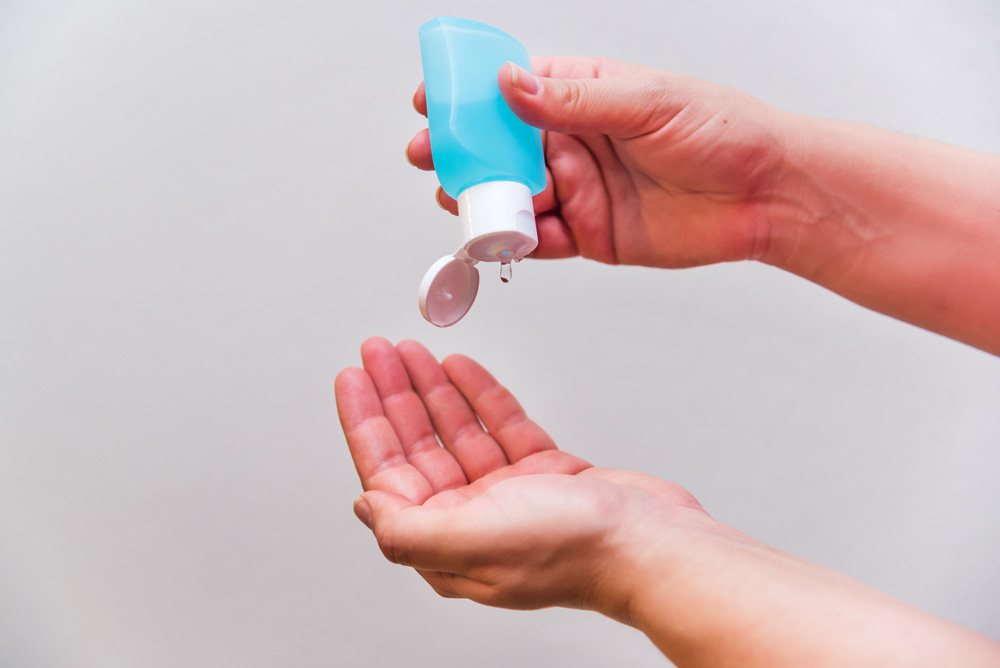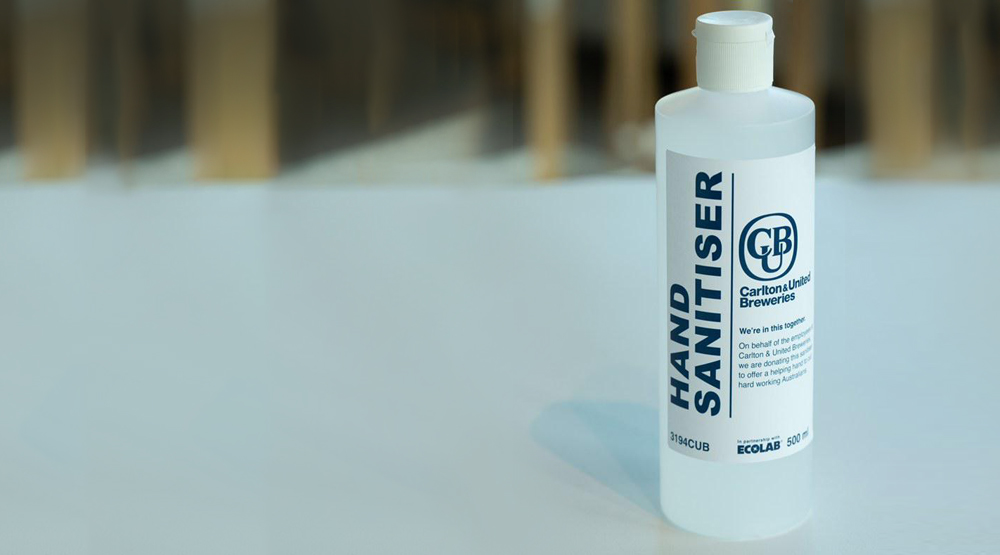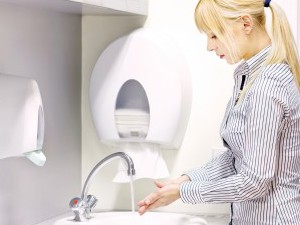
A new survey has highlighted the supply challenges manufacturers are experiencing for essential ingredients and materials needed for hand sanitiser production, including ethanol, isopropanol, bottle pumps and sprays.
It comes as hygiene companies across Australia step up production to meet unprecedented demand for these products in an effort to battle the COVID-19 pandemic.
Accord, the national hygiene industry representative body, surveyed its members in the first week of April on their current supply chain issues. The industry body received 44 company responses to its survey, with 29 of the 44 companies currently in the hand sanitiser market.
Twenty-four companies provided enough details to be included in this assessment of supply chain concerns. From this cohort it was revealed 75 per cent of responding companies were reporting supply shortages for ethanol.
Similarly, 50 per cent reported supply problems for isopropanol, while 58 per cent reported issues with obtaining supplies of gelling agents to make alcohol-based hand sanitisers.
Almost 90 per cent of companies in the hand sanitiser market responded that they manufacture locally, either in their own plant or via contract manufacturers.
A further nine companies not currently making hand sanitisers responded that they intended to enter the market. Additionally, some 30 per cent of the companies responding stated they import hand sanitiser products.
For the 27 companies that provided sufficiently detailed responses it was revealed 17 companies (63 per cent) supply into the healthcare sector, including hospitals, clinics and aged care.
Similarly, 63 per cent of the 27 companies supplied household and consumer hand sanitisers. The next largest categories were janitorial use (52 per cent), food and beverage industry (48 per cent), schools, childcare and educational institutions (37 per cent), and agriculture (11 per cent).
Packs and packaging materials are also essential in the making of hand sanitiser products, with the survey also revealing supply issues for these. Seventy-five per cent of the responding companies (24) reported supply problems for bottle pumps and sprays, while 63 per cent reported similar shortages with bottles and 46 per cent reported the same for caps and bottle closures.
Respondents were also asked about distribution, transport and logistics issues they were experiencing. While just 13 per cent indicated they had experienced delays with road or rail freight, more than 50 per cent responded they had been experiencing delays with air freight (54 per cent) and sea cargo (58 per cent).
Accord said the initial results of the survey have been shared with the government’s Hand Sanitiser Roundtable and strategies are being developed to assist with resolving these reported shortages of essential supplies and other related problems occurring in the supply chain for hand sanitisers.
Last month the Australian Government Therapeutic Goods Administration (TGA) introduced legislative to make it easier for local businesses to produce and supply hand sanitiser to meet rising demand caused by the COVID-19 outbreak. This includes sanitisers for use in health care facilities – such as hospitals, aged care and other residential facilities – as well as for general consumer use.
Under the new legislation production of hand sanitiser can now proceed without the requirement of TGA approval or notification, provided one of the two recipes developed by the World Health Organization (WHO) and endorsed by the US Food and Drug Administration are used.
Earlier this week the South Australian Government announced a $2 million partnership deal with local company, Chesser Chemicals. Under the agreement the government will secure a weekly supply of 20,000 bottles of hand sanitiser to ensure ongoing supplies for hospitals, schools and other government services.
Comment below to have your say on this story.
If you have a news story or tip-off, get in touch at info@3.106.117.80.
Sign up to INCLEAN’s newsletter.


